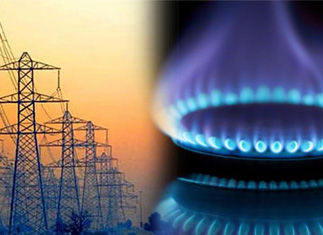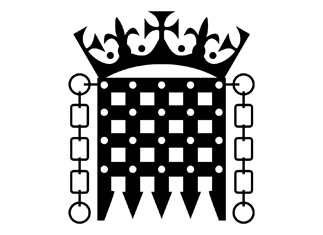.
2020

2020-2021
This year did not turn out like any other known to those of us of working age. There was no possibility of business as usual. To try and carry on regardless would mean failing to address the needs of people faced with exceptional hardship.
2019

2019-2020
In 2019 NEA sought to influence plans to develop a pathway to Net Zero Carbon that has energy efficiency for domestic fuel poor households at their core.
2018
2018-2019
Funding from Warm Home Discount Industry Initiatives and other schemes enabled us to provide a suite of support services that included income maximisation checks, fuel debt advice and support to access free or reduced-cost measures.
2017
2017-2018
In December, we said goodbye to our Chief Executive, Jenny Saunders, after more than 30 years of service at NEA and welcomed Adam Scorer to take over the helm at the charity and bring its development forward into the next phase of the policy landscape.
2016

2016-17
2016 was a complex year politically, with elections for the Northern Ireland Assembly and Welsh Government, an additional snap election in NI in March and the Brexit vote.
2015

2015-2016
A year of growth and increased delivery with a strong focus on innovation, communities and education – themes which we singled out for our 35th anniversary year throughout 2016.
2014
2014-2015
This was a major year of change and exciting opportunity for NEA. Since the changes in sources of revenue as a result of public sector funding arrangements had taken place in 2011, the charity had restructured and stabilised delivery.
2013

2013-2014
The year was marked by uncertainty in the energy policy arena with the Chancellor announcing a major review of the Energy Company Obligation which had just been set up to provide around £1.3billion investment in energy saving measures across Britain.
2012

2012-2013
It was formally acknowledged that the Government’s intention to eradicate fuel poverty by 2016 would not be met and therefore a new legislative framework was to be introduced.
2011
2011-2012
30 years of campaigning for warm homes. NEA’s work to tackle fuel debt was stepped up as increasing energy prices and the economic downturn exacerbated the problem.
2010
2010-2011
Along with other partners NEA was successful in persuading all energy suppliers to equalise their prepayment meter tariffs in line with standard quarterly billing, potentially benefiting millions of households.
2007
2007-2008
Concerns about the increasing numbers of households living in fuel poverty led to three Select Committee enquiries and Ministerial Statements.
2006
2006-2007
Record increases in domestic gas and electricity prices. The Department of Trade and Industry estimates that every 1% increase in fuel prices forces a further 40,000 households into fuel poverty.
2004
2004-2005
A period of persistently high energy prices meant that the task of eradicating fuel poverty amongst vulnerable households had become much harder to achieve.
2002
2002-2003
The Government launched the UK Fuel Poverty Strategy in November 2001 making a commitment to eradicating fuel poverty amongst vulnerable households in England by 2010.
2000
2000-2001
The major campaigning success of the Millennium year was the passing of the Warm Homes and Energy Conservation Act 2000.
1996
1996-1999
The demand for NEA’s training services continued to grow. More than 6,500 people were now qualified through the NEA/City and Guilds Energy Awareness course and over 800 had National Vocational Qualifications in practical energy efficiency skills.
1994
1994-1995
After years of campaigning, NEA succeeded in persuading Government to abolish the client contribution in HEES and, following NEA’s call for increased investment in HEES, the 1993 Budget confirmed that funding was to be doubled to £70 million for 1994/95.
1992
1992-1993
The first Conservenergy campaign coincided with a major achievement - the insulation of the 1 millionth home to be improved since NEA’s establishment in 1981.
1990
1990-1991
New energy efficiency grant scheme in place following lobbying by NEA. Establishment of the Energy Action Grants Agency. NEA becomes founding partner of government information service.
1986
1986-1989
A period of growth
1981
1981-1986
On 18 May 1981 Neighbourhood Energy Action was formally launched as a development programme of the National Council for Voluntary Organisations (NCVO).

